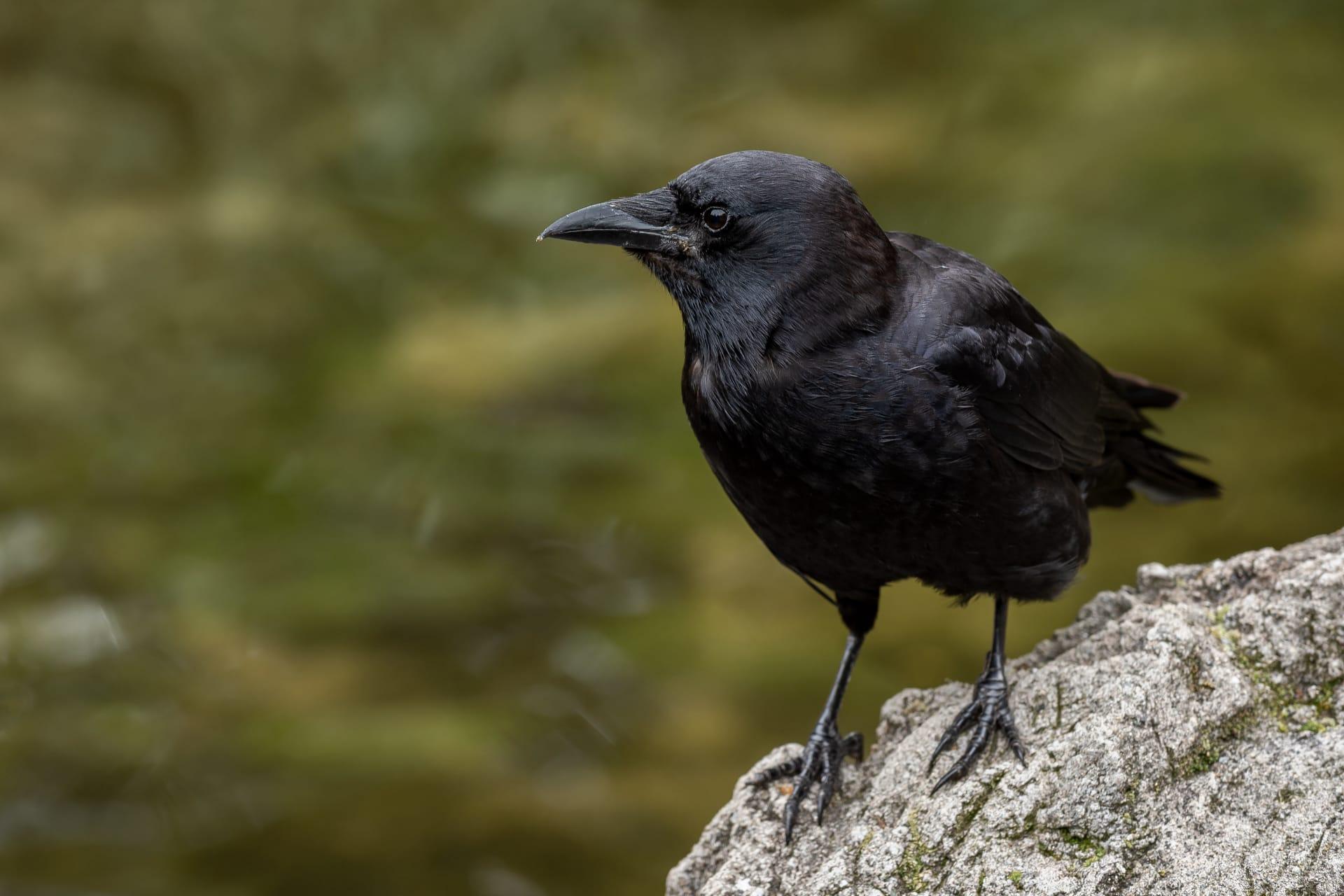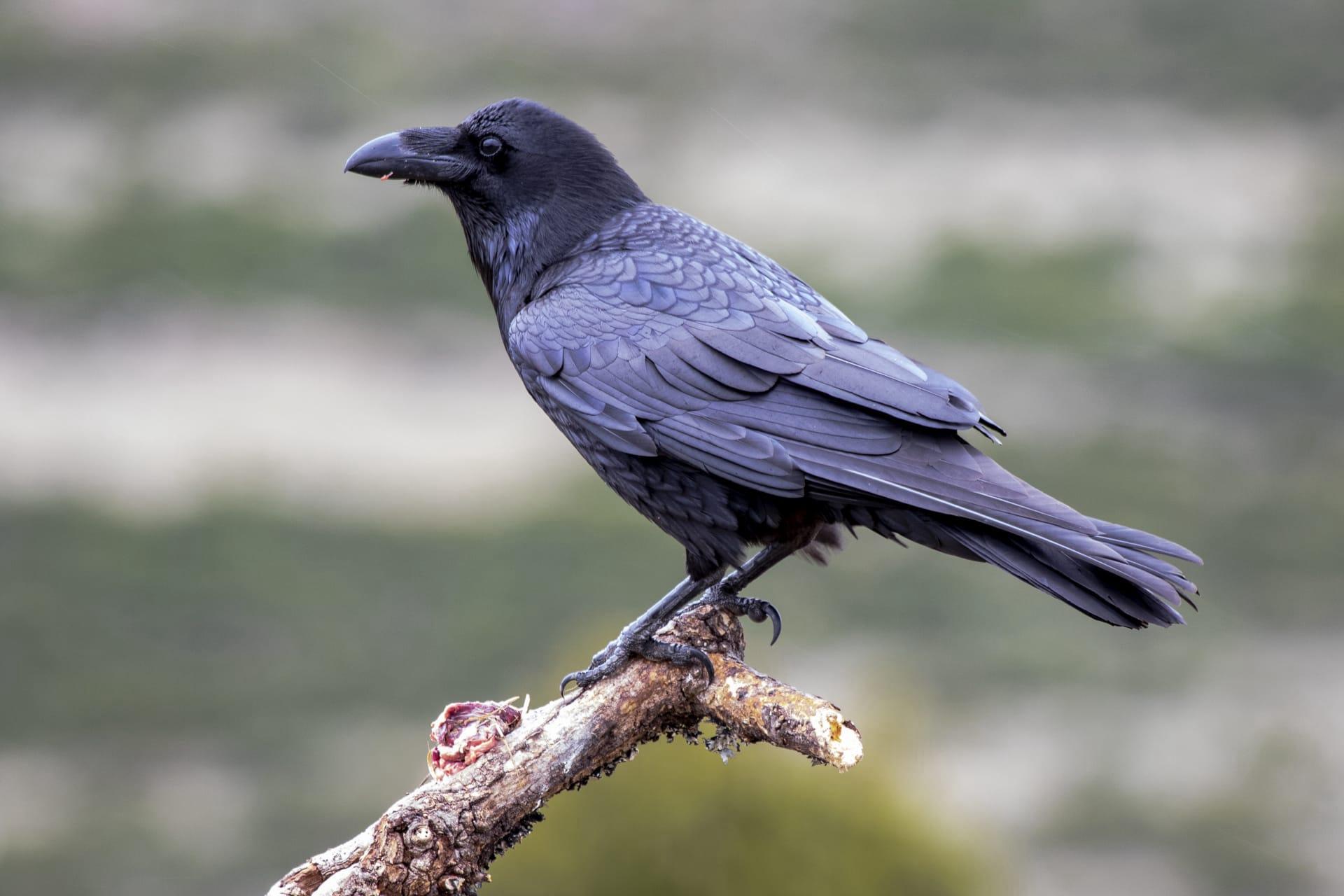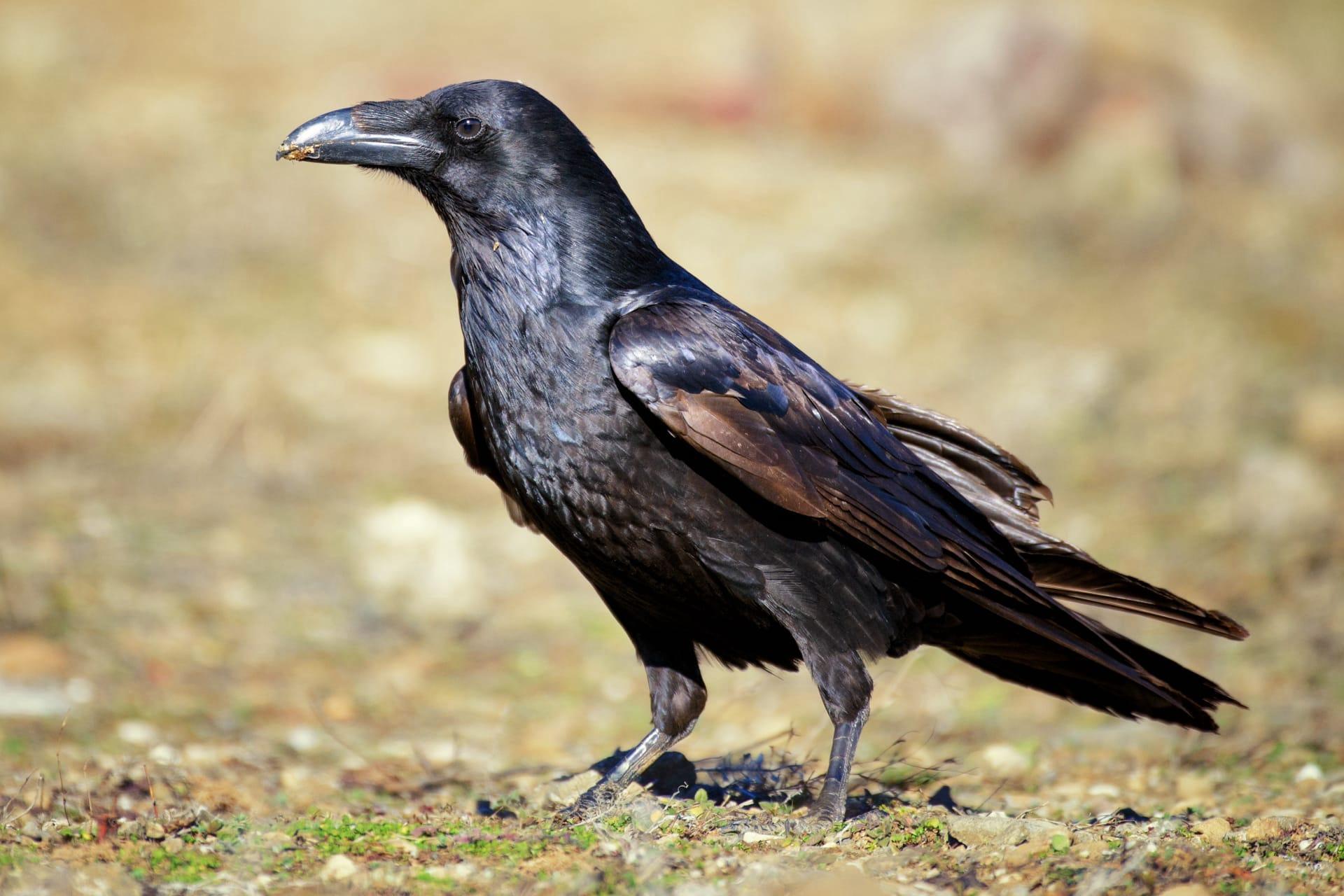Crow Trivia
- Home /
- Trivia Question /
- Animal /
- Crow Trivia
1
Question: How intelligent are crows compared to other birds?
Answer: Crows are remarkably intelligent, often compared to chimpanzees and dolphins in terms of cognitive abilities. They have a brain-to-body weight ratio similar to that of a human. Crows can solve complex problems, use tools, and even recognize human faces. In tests, they've demonstrated the ability to understand water displacement, using stones to raise the water level to reach a floating treat, showing an understanding of cause and effect.
Question: What kind of social structure do crows have?
Answer: Crows are highly social birds. They live in large family groups and can form communal roosts with thousands of birds. Their social structure is complex, with strong family bonds. Parents often care for their young for several years, and the young from previous broods can help in raising their siblings. This cooperative breeding behavior is quite sophisticated, and it enhances the survival rate of the offspring.

2
Question: Do crows really hold grudges and remember faces?
Answer: Yes, crows can remember individual human faces and hold grudges. Research has shown that crows can distinguish between friendly and threatening human faces. If a person is perceived as a threat, crows can communicate this information to other crows, and they may collectively scold or mob the perceived threat. This memory of faces can last for years.
Question: Are crows scavengers and do they only eat carrion?
Answer: While crows are often seen as scavengers, their diet is actually quite varied. They are omnivores and can eat fruits, nuts, seeds, insects, small animals, and indeed carrion. However, crows are also capable hunters, preying on small reptiles and even other birds. Their adaptability in diet is one of the reasons for their widespread presence in diverse habitats.

3
Question: Can crows mimic human speech like parrots?
Answer: Yes, crows can mimic human speech, though not as commonly as parrots. Their vocal cords are less specialized than those of parrots, but they can replicate a variety of sounds, including human words and phrases, if they are exposed to them frequently. This ability is more common in captive crows than wild ones.
Question: Do crows play, and if so, how?
Answer: Crows do engage in play. They have been observed sliding down snowy or icy roofs, apparently for fun. They also play with objects, passing them between their feet or beak, and have been seen swinging on twigs or playing catch with other crows. This play behavior is thought to be important for their social and cognitive development.

4
Question: Are crows helpful for the environment?
Answer: Crows play a significant role in the ecosystem. They help in cleaning up by consuming carrion and waste. They also control pests by eating harmful insects. Furthermore, their habit of caching food (storing it for later) can result in the unintentional planting of seeds, aiding in forest regeneration.
Question: Do crows have a unique way of drinking water?
Answer: Crows, unlike many birds, don’t sip water. Instead, they dip their beak into the water and then tilt their heads back to swallow. This method is due to their anatomy, allowing them to drink more efficiently. Crows also understand the properties of water, as demonstrated in their problem-solving skills involving water displacement tasks.

5
Question: How long do crows live?
Answer: In the wild, crows have an average lifespan of 7 to 8 years. However, with fewer threats, crows in captivity can live up to 20 years or more. The oldest known wild crow lived to be 29 years old, which is exceptional. Factors affecting their lifespan include predation, human impact, and availability of food.
Question: Can crows recognize themselves in a mirror?
Answer: There is evidence to suggest that crows can recognize themselves in mirrors. While not definitively proven, some experiments indicate that they show signs of self-awareness in mirror tests. This is a rare trait in the animal kingdom, typically found in higher mammals like dolphins, elephants, and some primates. This ability further underscores the intelligence and complexity of crows.